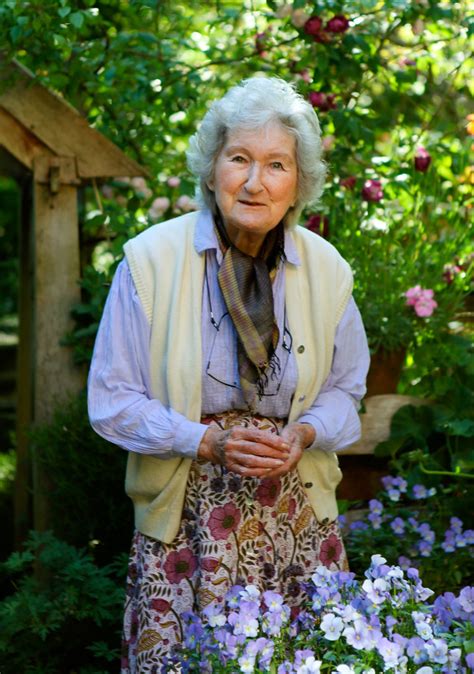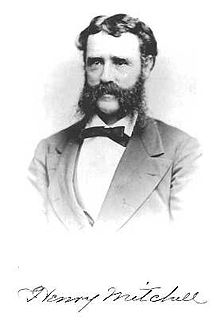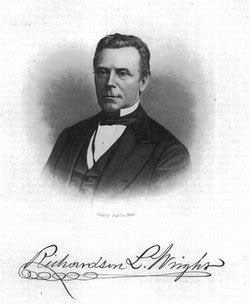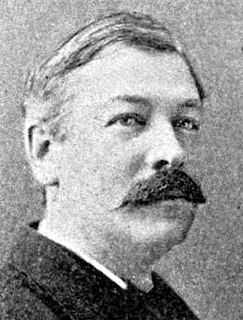A Quote by St. Catherine of Siena
Ponder the fact that God has made you a gardener, to root out vice and plant virtue.
Related Quotes
He that has energy enough in his constitution to root out a vice should go a little further, and try to plant a virtue in its place; otherwise he will have his labor to renew. A strong soil that has produced weeds may be made to produce wheat with far less difficulty than it would cost to make it produce nothing.
That there is one God, who made all things. That he governs the world by his providence. That he might be worshipped by adoration, prayer, and thanksgiving. But that the most acceptable service of God is doing good to Man. That the Soul is immortal. And that God will certainly reward virtue and punish vice, either here or hereafter.
There is nothing like the first hot days of spring when the gardener stops wondering if it's too soon to plant the dahlias and starts wondering if it's too late. Even the most beautiful weather will not allay the gardener's notion (well-founded actually) that he is somehow too late, too soon, or that he has too much stuff going on or not enough. For the garden is the stage on which the gardener exults and agonizes out every crest and chasm of the heart.
Economists get very uncomfortable when you talk about virtue and vice. It doesn't lend itself to a lot of columns with numbers. But I would argue that there are big virtue effects in economics. I would say that the spreading of double-entry bookkeeping by the Monk, Fra Luce de Pacioli, was a big virtue effect in economics. It made business more controllable, and it made it more honest.









































